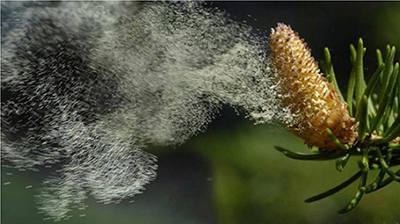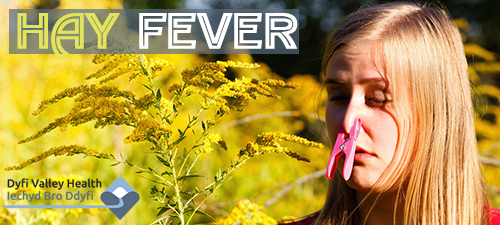How to Combat Hay Fever
It is a wonderful time of the year! The birds are singing, the lambs are jumping, the days are longer, the sun is shining (a little bit more), the bees are buzzing… the pollen is flying!
So many welcome the start of spring and summer with open arms. However, if you are one of those who suffers from hay fever (1 in 5 suffer in UK), you know it is the start of an assault on your senses!
Hey fever symptoms include:
- sneezing and coughing
- a runny or blocked nose
- itchy, red or watery eyes
- itchy throat, mouth, nose and ears
- loss of smell
- pain around your temples and forehead
- headache
- earache
- feeling tired
If you suffer from this seasonal based allergy there are a few ways to prevent or minimalise it from effecting your life. But before we go into that…
What causes hay fever?
Hey fever is a pollen allergy.
It is usually one of, or a combination of tree pollen, grass pollen and weed pollen. In most cases of hay fever, it is this tiny, light weight, pollen which is blown in the wind from plant to plant that inevitably catches you.
When is the pollen season?
The good news, or bad news is that pollen from the main three pollen types blooms at certain times of the year. You may suffer from one type of pollen or be unlucky and suffer with them all.
Generally speaking pollen seasons are as such:
- Tree Pollen – Mid-March to Mid-May
- Grass Pollen – Mid-May to July
- Weed Pollen – June to September
Unfortunately, there is no cure for hey fever and you can’t prevent it completely. However, you can ease the symptoms.
How to treat hay fever:
DO
- Put Vaseline around your nostrils to trap pollen
- Wear wraparound sunglasses to stop pollen getting into your eyes
- Shower and change your clothes after you’ve been outside to wash pollen off
- Stay indoors whenever possible
- Keep windows and doors shut whenever possible
- Vacuum regularly and dust with damp cloth
- Buy pollen filters for air vents
- Keep an eye on the weather forecast
- Head to the seaside
DON’T
- Cut or walk on grass
- Spend too much time outside
- Keep fresh flowers in the house
- Smoke or be around smoke
- Dry clothes outside
- Allow pets out too often or into the house
- Stay too long in urban areas with high pollution
Allergy UK has more tips and advice…
Need more help? Find a pharmacist
Speak to a health professional for more information and treatments, such as antihistamine drops, tablets and nasal sprays. Find a pharmacist.
Pick up any information from a Dyfi Valley Health surgery and make sure you book an appointment if your symptoms are getting worse or your symptoms don’t improve after taking medicines from the pharmacy.

